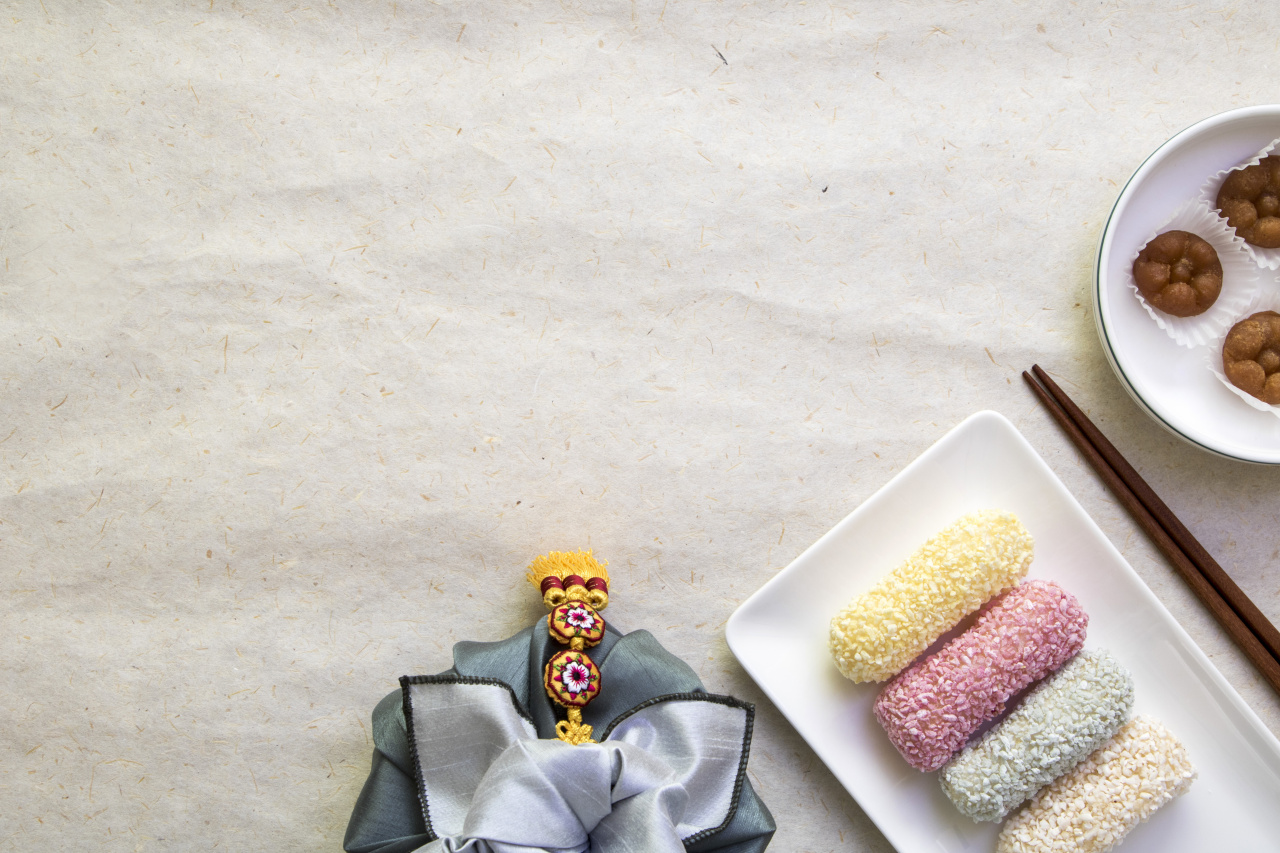
Millions of South Koreans will flock across the country today to reunite with family members for one of the two biggest national holidays -- Seollal.
The Lunar New Year, which this year falls Saturday, is characterized by traditional food, celebrations and customs and a chance to start over again with one’s resolutions.
But for many, the time of celebrations and togetherness is increasingly becoming a source of woes.
According to a poll released Jan. 18 by job-hunting platform Saramin, about six in 10 Koreans -- 58.3 percent of 3,507 respondents -- said they are experiencing stress over the upcoming holiday. By gender and marital status, the married women had the highest proportion of 70.9 percent saying they were stressed, followed by unmarried women at 59 percent, married men, 53.6 percent, and unmarried men, 52.4 percent.
As reasons for the stress, married women cited burden of cooking and household chores, spending on gifts and other expenditure, and uncomfortable encounters with in-laws. Married men on the other hand listed their relationship with parents, inquisitive relatives, and being compared to other family members.
The disparity in the response of men and women is reflective of different gender roles in families, most notably in terms of housework which remains a woman’s job to this day.
In Seoul Foundation of Women and Family’s 2018 survey of 1170 citizens, 57.1 percent of women and 43.5 percent of men said uneven distribution of household labor was most common form of sexism at home during the holidays.
“Women are still expected to take on the job of cooking to feed at least three generations of their family, and preparing food to offer on an altar for Jesa (memorial ritual for ancestors), as well as all the cleaning up afterwards,” said Kwon Mi-sook, 56.
The intensity of emotional stress that escalates over holidays is manifest in 138.8 percent increase in divorce cases in days leading up to and after Seollal and Chuseok, according to the National Court Administration data.
For unmarried men and women, being lectured and asked on personal matters by relatives were the chief cause of holiday blues.
Prying from family is discouraging young Koreans from partaking in the biannual family gatherings.
Once considered an expression of familial intimacy, questions about career prospects, plans for marriage and other general inquiries over private affairs are now considered nosy and even rude.
Kim Ji-won, 28, who gave up a full-time position at a public enterprise to pursue her passion in a different field, said she decided to forgo the extended family dinner this Seollal, in an attempt to preemptively shun comments about her choice to leave her job.
“I’ve already gotten an earful from my mom for quitting the well-paying, stable job. I don’t need any more of that from my aunts and uncles,” she said.
Fresh college graduate Choi Ye-ji, 24, said she was not looking forward to meeting with relatives, either.
“I haven’t landed my first job yet, and I have a strong feeling that’s going to come up in conversations.”
In a survey conducted jointly by hiring services Job Korea and Albamon, questions about future plans was voted among top seven things not to say to family on holidays. Others included the “when I was your age” anecdotes, and “it’s all for your own good” type of advices.
The stress prompted 59.1 percent of the 3,390 survey respondents to say they would rather spend the Lunar New Year break by themselves. 34.1 percent said they were more stressed during the holiday than when they were job-hunting or actually working.
But spending the holiday away family squabbles also has its downsides, according to Lee Sun-mi, 40.
“Once I went on a trip overseas during a Seollal break, and I kind of missed being with the rest of family. Family gatherings can be tough, but then again, holidays are the only time you get to see some of them,” she said. “After all, it’s only a few days a year.”
By Kim Arin (arin@heraldcorp.com)











![[Today’s K-pop] BTS pop-up event to come to Seoul](http://res.heraldm.com/phpwas/restmb_idxmake.php?idx=644&simg=/content/image/2024/04/17/20240417050734_0.jpg&u=)





![[KH Explains] Hyundai's full hybrid edge to pay off amid slow transition to pure EVs](http://res.heraldm.com/phpwas/restmb_idxmake.php?idx=652&simg=/content/image/2024/04/18/20240418050645_0.jpg&u=20240418181020)

![[Today’s K-pop] Zico drops snippet of collaboration with Jennie](http://res.heraldm.com/phpwas/restmb_idxmake.php?idx=642&simg=/content/image/2024/04/18/20240418050702_0.jpg&u=)